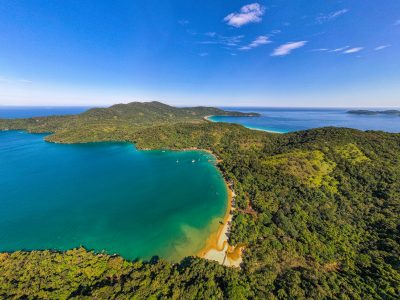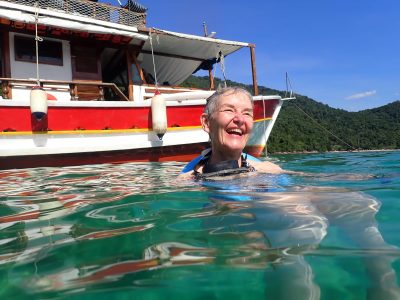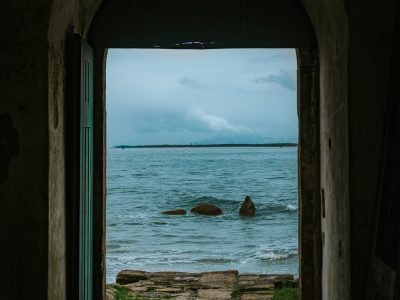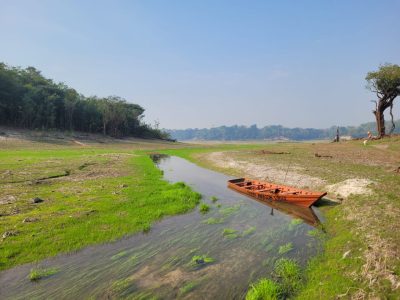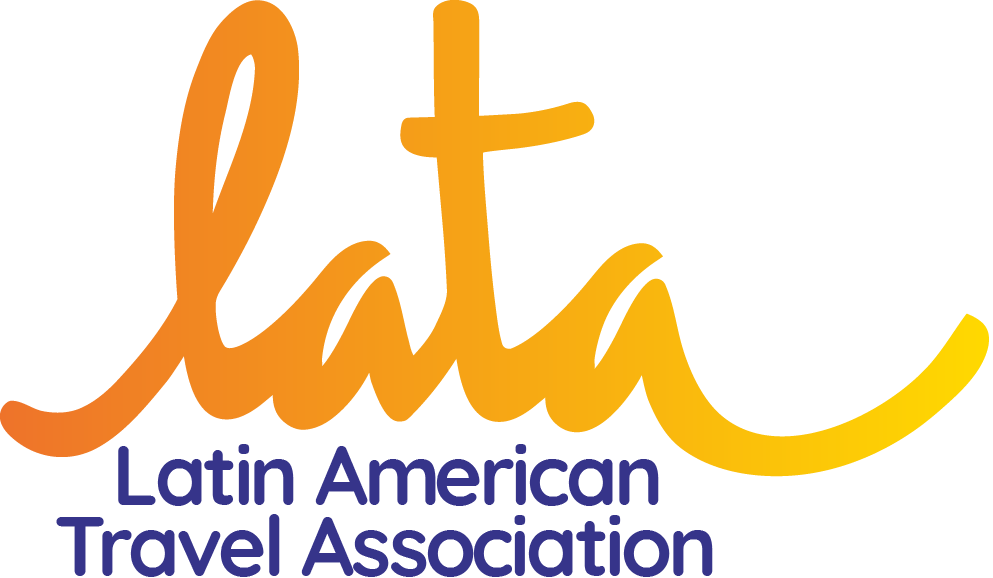Implementing the Sustainable Development Goals (SDGs) in Brazil plays a crucial role in achieving the 2030 Agenda, a global commitment to promote sustainable development across various spheres. According to the United Nations (UN), the SDGs are a comprehensive call to action aimed at eradicating poverty, promoting equality, ensuring social justice, and preserving the environment.
Given that the 17 SDGs and their 169 corresponding targets offer new global guidance, the tourism sector has the capacity and responsibility to play a significant role in finding sustainable solutions for people, the planet, prosperity, and peace, and it has the potential to contribute both directly and indirectly to all goals.
Gondwana understands that the SDGs are extremely important for implementing public policies that promote sustainable development, and this requires a collective effort from countries, businesses, institutions, and civil society.
That’s why we focus on working toward 6 of the 17 SDGs in Brazil:
Content Summary
SDG 5 - Achieve gender equality and empower all women and girls.
At Gondwana Brasil, one of our goals is to prioritize hiring female professionals and offer training courses.
We’ve developed sustainability policies that incorporate a broader and more attentive perspective on gender equality. We are a company committed to diversity and value the inclusion of diverse talents. Here at Gondwana, women hold various positions, from leadership roles on the administrative board to technical and operational functions, without any discrimination.
When a company has women on its team, it can more accurately reflect the composition of the population since women make up half of the world’s population. This also helps us understand and meet the needs of more clients.
SDG 8 - Promote sustained, inclusive, and sustainable economic growth, full and productive employment, and decent work for all.
Gondwana believes that promoting development-oriented policies that support productive activities, decent job creation, entrepreneurship, creativity, and innovation is one way to achieve SDG 8.
We strive to pay all our partners and suppliers fairly, prioritizing business with local entrepreneurs so that income is better distributed among them.
We protect labor rights and promote a healthy, safe, and secure working environment for all workers.
SDG 12 - Ensure sustainable consumption and production patterns.
To ensure SDG 12 is achieved, we’re launching the EcoTravel Kit, which includes an aluminum bottle, aluminum straws, and an eco-bag, to help clients reduce their plastic use during their travels in Brazil. The kit comes with a welcome letter and a curated list of local shops to encourage the purchase and consumption of authentic businesses that value cultural and environmental aspects, generating income for different people in the communities visited. The EcoTravel Kit will initially be delivered to clients arriving in Rio de Janeiro and Foz do Iguaçu/PR.
We also maintain close collaboration with our suppliers based on well-established criteria. We expect these suppliers to respect all Brazilian labor laws, adopt good practices in sustainability and safety, and be active in local councils or organizations, fostering engagement for destination improvement.
SDG 14 - Conserve and sustainably use the oceans, seas, and marine resources for sustainable development.
Before the pandemic, we partnered with the NGO Monitoramento Mirim Costeiro in Santa Catarina, which monitors the coastal area of the Baleia Franca Environmental Protection Area (APA) with children. We spent several years sponsoring and supporting environmental education activities in schools and beach cleanup campaigns.
We intend to resume this partnership soon, along with other partnerships to support socio-environmental projects.
SDG 16 - Promote peaceful and inclusive societies for sustainable development, provide access to justice for all, and build effective, accountable, and inclusive institutions at all levels.
As tourism involves billions of interactions among people from diverse cultural backgrounds, the sector can promote tolerance and multicultural and inter-religious understanding, laying the foundation for more peaceful societies. Tourism, which benefits and involves local communities, can also strengthen peace in post-conflict societies.
Traveling to Brazil provides new perspectives on our people and culture, and here at Gondwana, we’ve seen this firsthand in our clients’ final reviews. They change their preconceived notions about Brazil, which is very positive not only for us but for the Brazilian tourism sector.
SDG 17 - Strengthen the means of implementation and revitalize the global partnership for sustainable development.
Gondwana Brasil understands the importance of supporting and promoting projects with important causes. We are committed to being part of various associations, contributing as civil society to building more sustainable tourism.
Gondwana is a company connected with the most important tourism associations in the segment. We aim to develop global partnerships to achieve all these goals together. Camila Barp, a partner at Gondwana, is the ATTA ambassador here in Latin America. We participate in Coletivo MUDA, where we collaborate with Embratur, and in ABETA.
The effective implementation of the SDGs in Brazil involves collaboration between the government, private sector, civil society, and local communities. Creating public policies aligned with the SDGs, investing in innovation and technology, as well as raising awareness and promoting social participation are key elements to achieving the set goals.
The SDGs not only shape Brazil’s future but also contribute to building a more inclusive and resilient global future.

